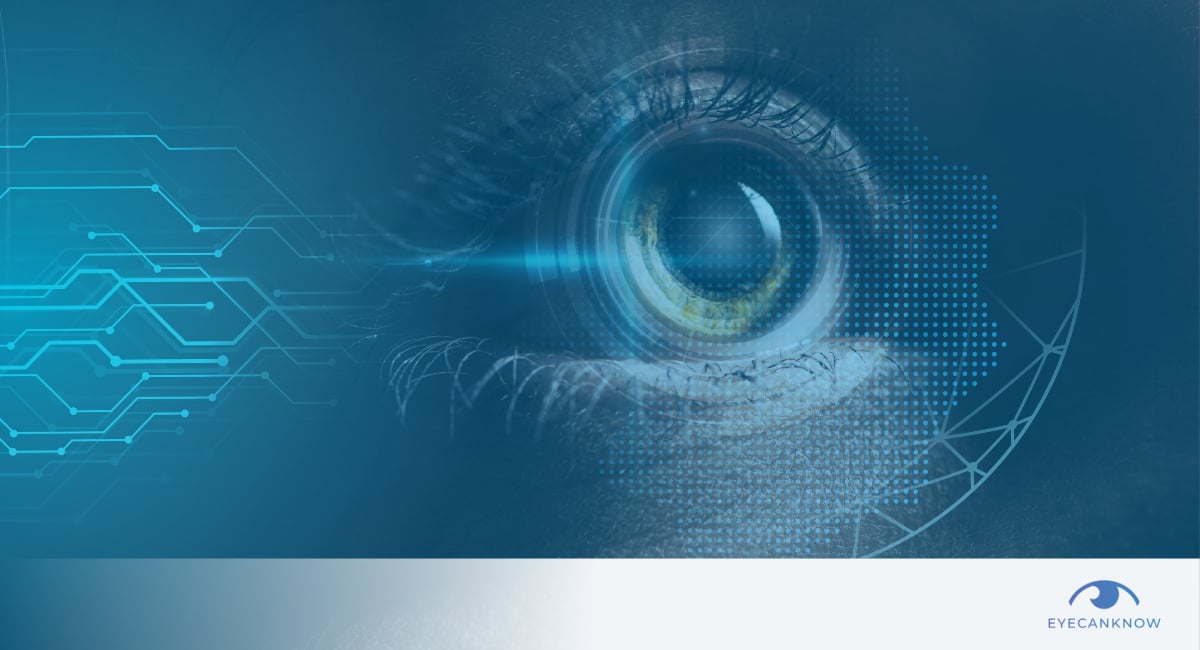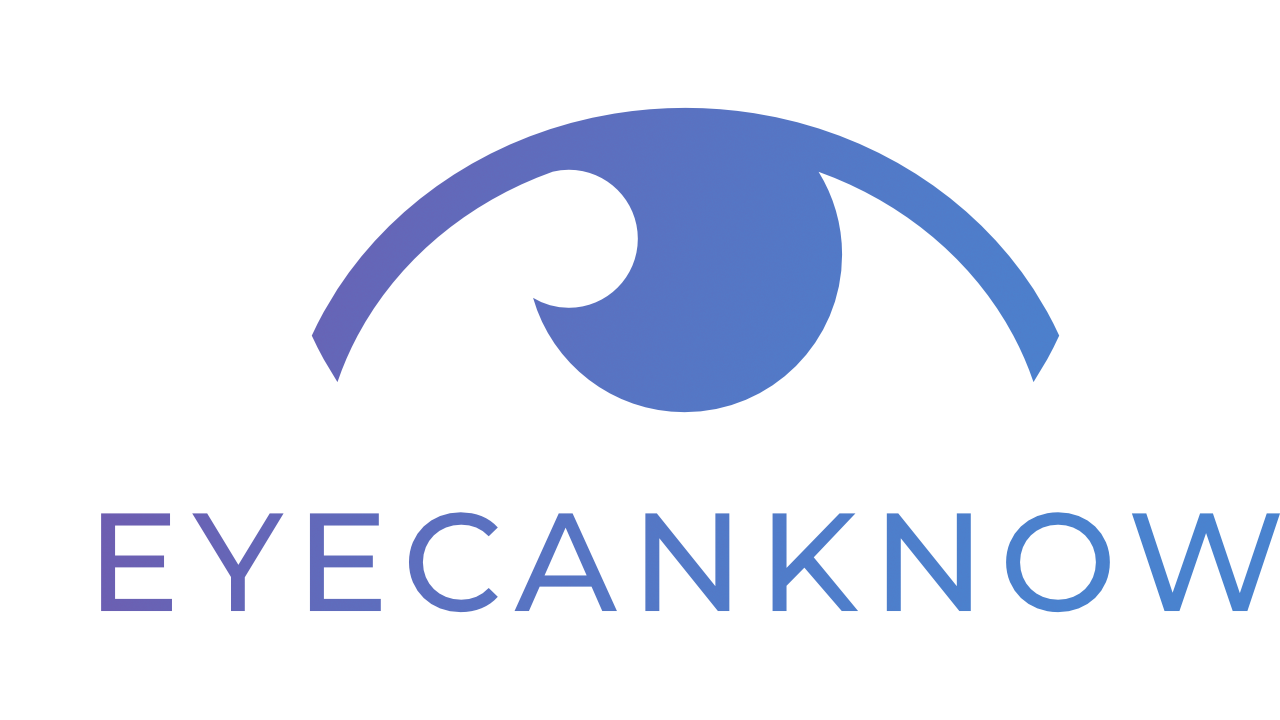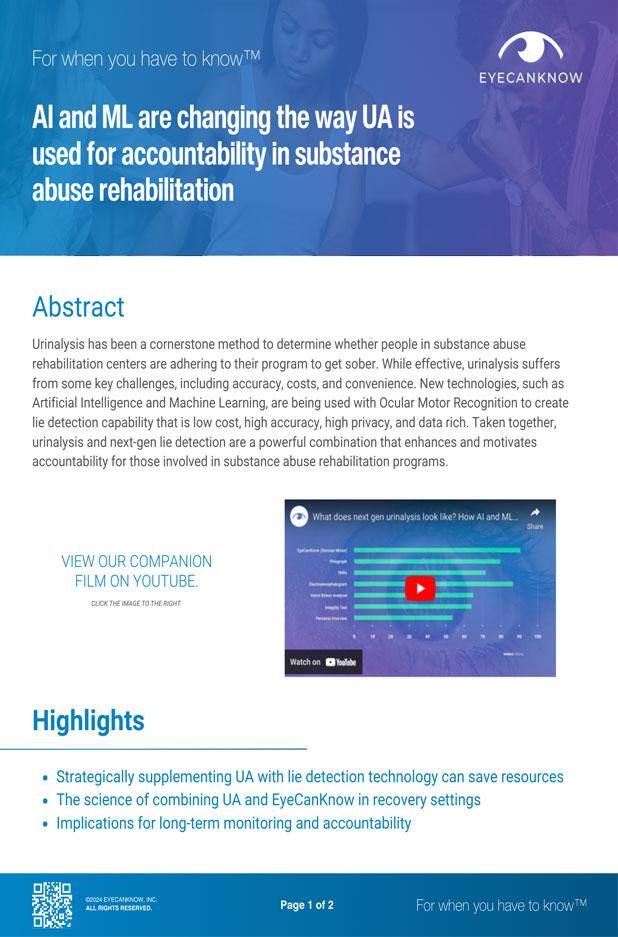2 min read
Ethical Considerations in Lie Detection | Balancing Justice and Privacy in 2024
 Matthew Koerner, MBA
:
Apr 29, 2024 1:26:54 PM
Matthew Koerner, MBA
:
Apr 29, 2024 1:26:54 PM

In the quest for truth, the ethics of lie detection technology take center stage. Privacy concerns, the importance of informed consent, and the potential ramifications of inaccuracies are at the heart of this debate. We must navigate these waters with a keen sense of responsibility and integrity.
Technology should serve as a bridge to trust, not as a barrier to privacy. In the realm of lie detection, we must tread carefully, ensuring our quest for truth upholds the dignity and rights of the individual. This sentiment underscores the delicate balance between harnessing the power of technology and maintaining ethical standards.
While online lie-detection software can reveal the truth and foster trust, it should not infringe on individual rights and privacy.
Before we delve into the ethics of lie detection and treading the line between justice and privacy, let's talk about the Ocular-Motor Deception Test (ODT), the technology we use at EyeCanKnow for our lie detection software.
ODT Test for Lie-Detection
The Ocular-Motor Deception Test (ODT) analyzes eye behavior to ascertain truthfulness. This technology tracks and measures various ocular metrics, such as pupil dilation, eye movement, and blink rate, which change in response to cognitive and emotional stress typically associated with deception.
During an ODT session, the examinee answers a series of questions while the device, often a specialized camera or eye-tracking system, records these eye responses. Advanced algorithms analyze these eye metrics to determine the likelihood of deceit. Compared to polygraph tests, this method is non-invasive and provides objective data.
Here's an exploration of the ethical considerations in lie detection, mainly focusing on balancing justice and privacy;
Informed Consent
The most important aspect of ethical lie-detection practices is informed consent.
Participants must be thoroughly educated on how the test operates, specifically that it analyzes eye behaviors to detect deception. They should understand what the test entails, the type of data collected (such as eye movement patterns and pupil changes), and how it will be used. They must be informed about the test's accuracy and the potential for false positives or negatives. Ensuring that consent is voluntary and free from coercion is crucial, as it upholds the participant's autonomy and comfort with the process.
EyeCanKnow ensures that clients fully understand the process, including the eye behavior analysis involved, what the test measures, and how the data will be utilized. This transparency ensures that consent is given freely and knowledgeably, respecting
client autonomy.
Accuracy and Reliability
At EyeCanKnow, we maintain a high standard of accuracy, with our ODT technology reflecting an impressive success rate of 86%- 90%. However, we also (transparently) communicate the potential for errors, ensuring that decisions are made with a full understanding of the technology's capabilities and current limitations.
Privacy Concerns in Lie-Detection Apps
Lie-detection testing involves collecting sensitive physiological data about eye movements and behavior, necessitating stringent data protection measures. Ensuring the privacy and security of this data is essential to respecting individuals' rights.
EyeCanKnow prioritizes data security, implementing stringent protocols to protect client information and ensure it is used appropriately. We provide our clients with clear data usage policies, reinforcing their commitment to privacy and not selling or using sensitive data in any manner that would harm the people using our software.
The Positive Impact of Ethical Lie Detection
Using EyeCanKnow's ODT technology ethically has far-reaching positive implications. It fosters trust between parties, respectfully facilitates accurate truth verification, and supports fair and just outcomes. This responsible use of technology reflects a commitment to upholding the dignity and rights of all individuals involved.

The Future of Lie Detection: From Witch Trials to Apps for Truth Verification
The pursuit of truth is as old as human communication itself. Yet, the methods by which we discern truth from deception are evolving dramatically. As...

Restoring Relationships: The Power of Lie Detection in Rebuilding Trust
“The truth will set you free.” - David Foster Wallace



